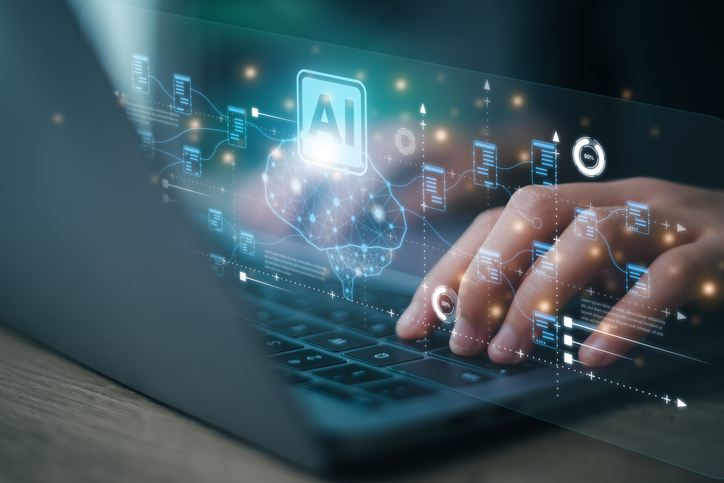Shopify CEO Tobi Lutke has made it clear: in the age of AI, traditional headcount justifications won’t cut it. In a memo recently shared with employees—and posted publicly— Lutke announced that Shopify staff must prove that they can’t accomplish a task using AI before requesting additional resources or headcount.
This move reflects a broader shift in how companies are thinking about workforce planning, productivity, and the role of AI in day-to-day work.
AI as a Gatekeeper for Growth
Employees are being told to embrace AI as a core productivity tool, and managers are being told to look to AI first before asking for additional staff.
“What would this area look like if autonomous AI agents were already part of the team?” Lutke asked in the memo. According to the CEO, those who are actively implementing AI are already delivering outsized results. He referenced team members using AI to tackle “implausible tasks” and achieve “100X the work.”
This isn’t aspirational, it’s operational. Shopify is integrating AI use into performance reviews, holding employees accountable for how well they’re using the tools already available to them.
The Bigger Picture: Efficiency Meets Expectation
Shopify’s stance reflects a growing trend in tech: AI adoption as a precondition for team growth. While tech companies are pouring billions into AI development, they’re cutting costs elsewhere—including headcount.
Shopify, for example, has reduced its workforce by more than a third since 2022. And while its total employee count has stabilized around 8,100, the company has signaled that it intends to keep headcount flat while selectively investing in high-compensation roles—especially AI engineers.
What This Means for Leaders
This movement is bigger than Shopify. It’s a shift in how companies frame productivity, hiring, and employee expectations. Here’s what leaders should take away:
- AI usage is becoming a core job skill, not just a bonus. Companies are increasingly expecting employees to use AI to enhance their output, regardless of function or level.
- Hiring decisions will be more constrained by automation potential. Expect to see “AI due diligence” become part of workforce planning—justifying a hire means showing that AI can’t do the job first.
- Performance reviews will evolve. Employees may be measured not only by what they produce, but by how efficiently they integrate AI into their workflow.
The Culture Shift
Shopify’s policy isn’t just about cost control; it’s about culture. It’s creating a workplace where AI isn’t optional, but embedded. To thrive in modern organizations, employees must show that they can either use AI to amplify their impact, or do something AI can’t.
For leaders, now’s the time to ask: are your teams equipped to work this way? Are your systems ready to support, evaluate, and grow in an AI-integrated environment? For companies like Shopify, the future of work is already here, and it’s automated by default.




